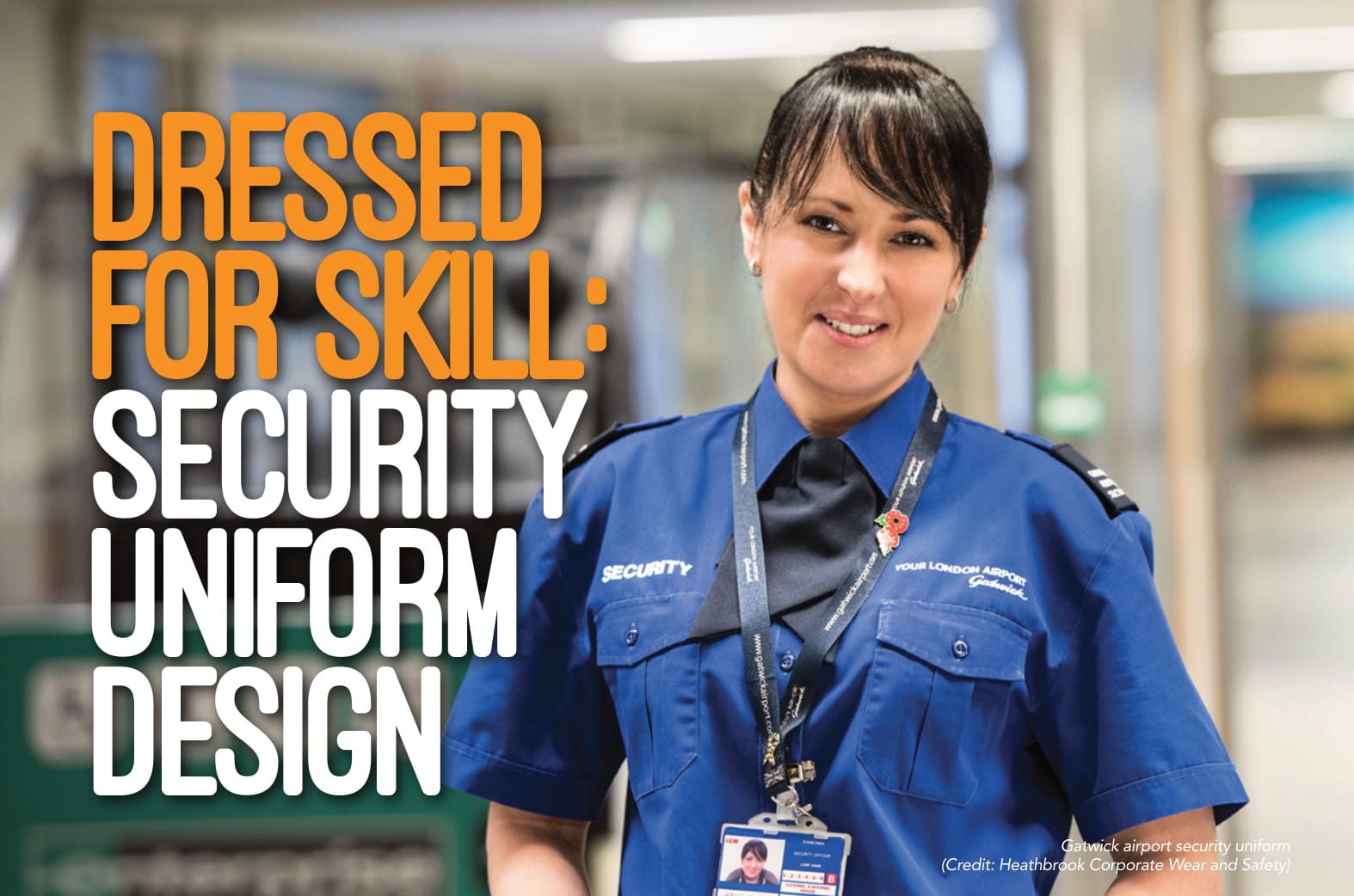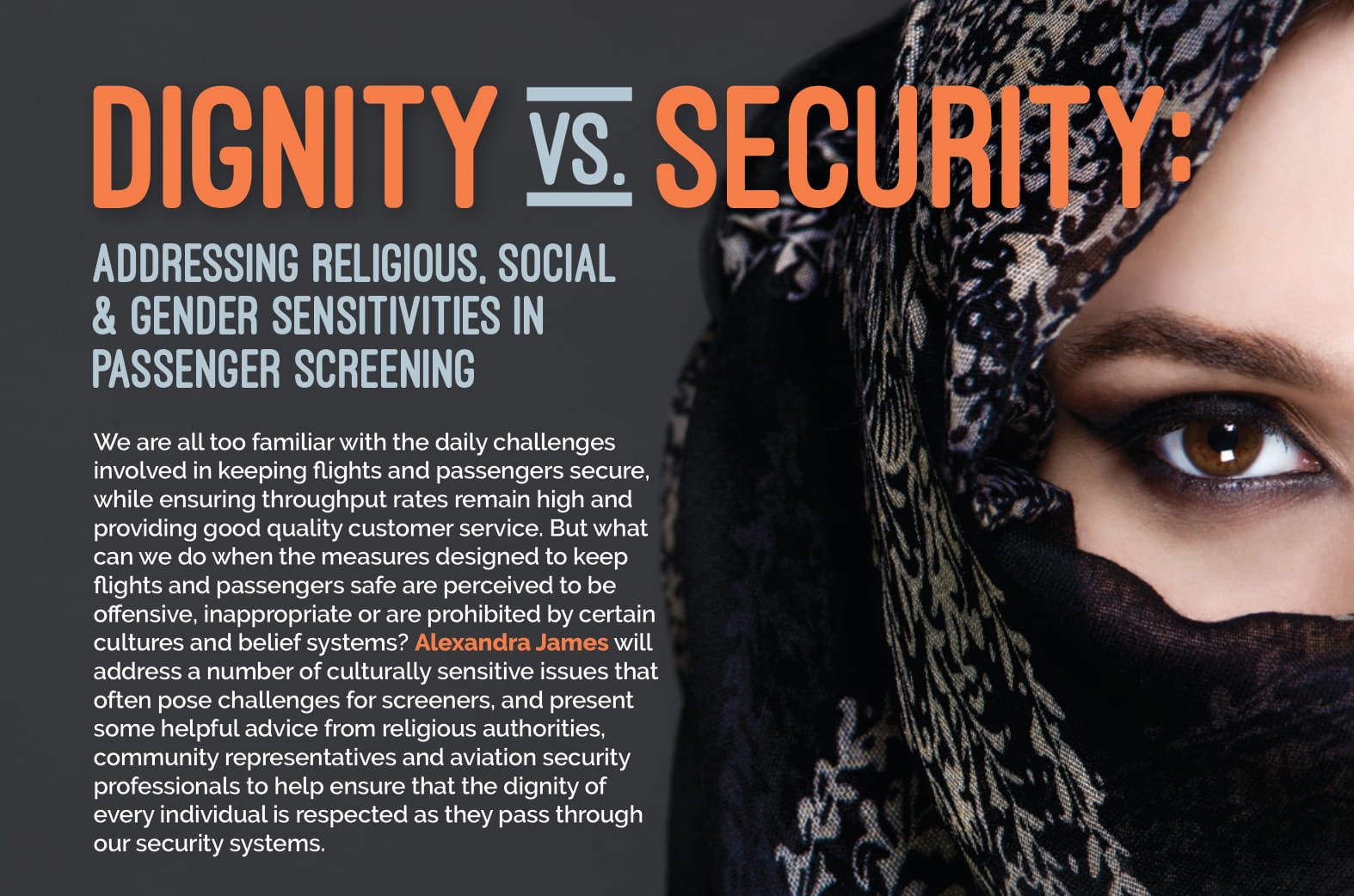Stowaways: wheel well security
Since commercial airlines began transporting fare-paying passengers across international borders, there have been individuals willing to risk their lives to covertly exploit these flights, often to escape corruption, warfare and famine. Illustrating the problem, this February, two Ecuadorian teenagers fell to their deaths from the wheel well of a Latam Airlines flight departing Guayaquil for New York and, in Nairobi, the frozen corpse of a Congolese man was found in the wheel bay of Kenya Airways flight that had just arrived from Kinshasa. Alexandra James discusses the issues of stowaways, and the measures that must be taken to prevent more live from being lost - and to stop the same vulnerabilities from being exploited by those with more sinister intentions.











